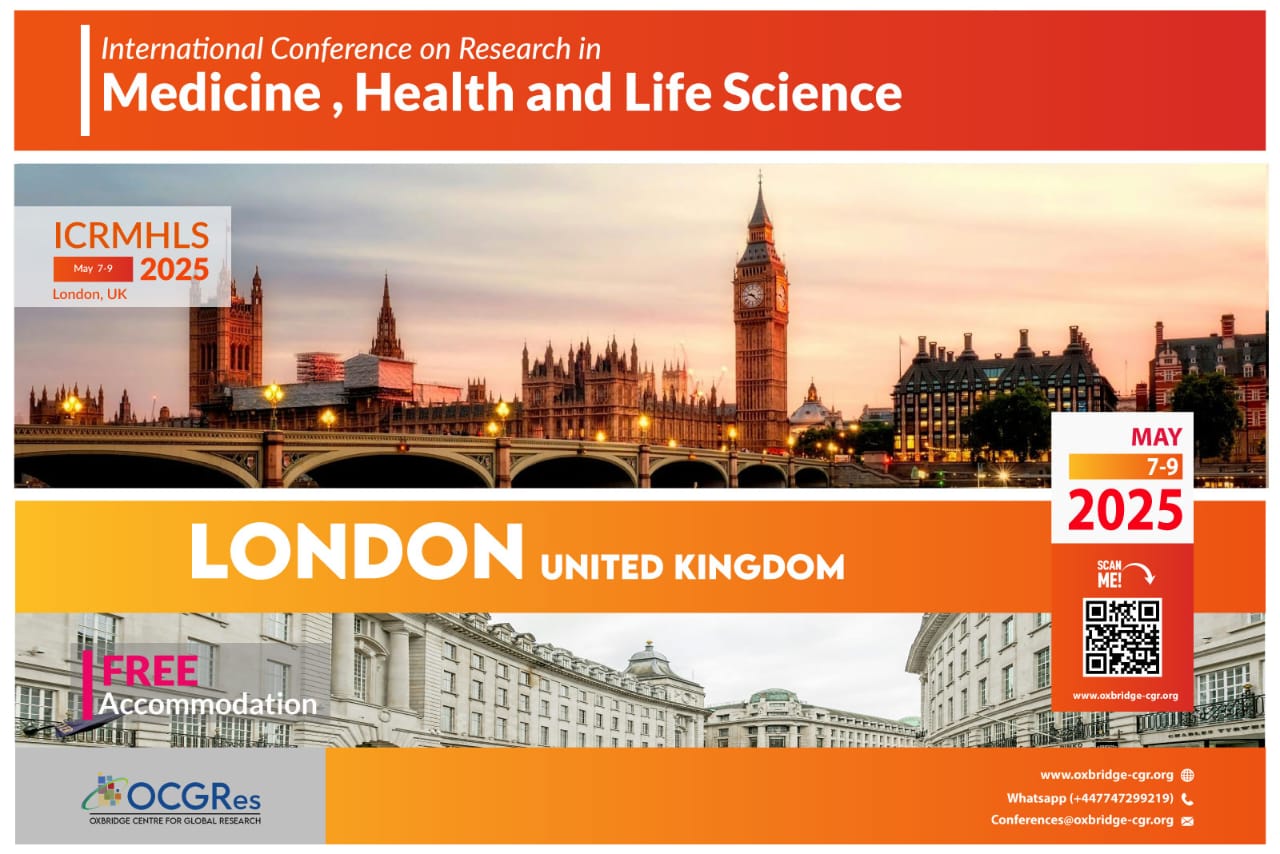





- Home
- Life Sciences
Life Sciences
Life Sciences
Molecular Biology and Genetics
- Gene editing technologies (e.g., CRISPR-Cas9)
- DNA sequencing and genomic analysis
- Epigenetics and gene regulation
- Genetic diseases and inheritance patterns
- Functional genomics and gene expression
- Genomic medicine and personalized healthcare
- Biotechnology and Bioengineering
- Genetic modification of microorganisms for industrial applications
- Bioprocess engineering and bio-manufacturing
- Development of biologic drugs and vaccines
- Bioinformatics and computational biology in biotechnology
- Bioremediation and environmental biotechnology
- Synthetic biology and the creation of artificial organisms
- Stem Cells and Regenerative Medicine
- Stem cell therapies and treatments for degenerative diseases
- Organ and tissue regeneration through stem cells
- Ethical considerations in stem cell research
- Stem cell-based drug discovery and testing
- Induced pluripotent stem cells (iPSCs) in regenerative medicine
- Stem cell applications in oncology and immunotherapy
- Microbiology and Virology
- Pathogenic microorganisms and infectious diseases
- Viral genomics and the evolution of viruses
- Antibiotic resistance and microbial resistance mechanisms
- Vaccinology and viral vaccine development
- The role of the microbiome in human health
- Microbial ecology and environmental microbiology
- Environmental and Ecological Health
- Environmental pollutants and their impact on health
- Climate change and its effects on ecosystems and human health
- Environmental Impact Analysis
- Conservation biology and biodiversity preservation
- Eco-toxicology and environmental risk assessment
- Sustainable development and ecosystem health
- Urban ecology and the health impacts of urbanization
- Plant and Animal Science
- Plant genetics and crop improvement
- Animal breeding and genetics for agriculture
- Conservation of endangered species and biodiversity
- Livestock health and management practices
- Pest and disease management in agriculture
- Agricultural biotechnology and food security
- Biophysics and Biochemistry
- Protein folding and molecular dynamics
- Enzyme kinetics and mechanisms
- Biophysical techniques (e.g., NMR, X-ray crystallography)
- The role of biomolecules in cellular processes
- Metabolism and energy production in living systems
- Structural biology and drug design
- Evolutionary Biology and Ecology
- Natural selection and adaptation in populations
- Evolutionary mechanisms and genetic variation
- Speciation and phylogenetic tree construction
- Ecology of ecosystems and food webs
- Conservation genetics and the preservation of biodiversity
- Human evolution and the study of hominids
- Systems Biology and Computational Biology
- Computational models of biological networks
- Integrative approaches to understanding cellular processes
- Systems biology applications in drug discovery
- Computational tools for gene and protein function prediction
- Network analysis in disease mechanisms
- Systems medicine and personalized healthcare
- Ethical Issues in Life Sciences Research
- Ethical considerations in genetic research and gene editing
- Animal testing and alternatives to animal experimentation
- Privacy concerns in genetic data and biobanks
- The ethical implications of cloning and synthetic biology
- Clinical trials and informed consent
- Bioethics in environmental and ecological health research
- Other Life Sciences Areas Not Specified
- Medical microbiology and infectious disease diagnostics
- Neurobiology and the study of the nervous system
- Endocrinology and hormone regulation
- Toxicology and drug safety assessments
- Human nutrition and metabolic studies
Aging and age-related diseases in life sciences


